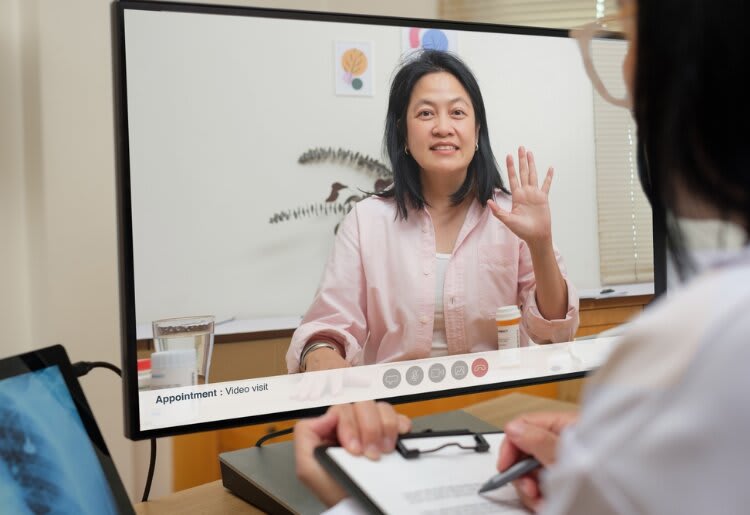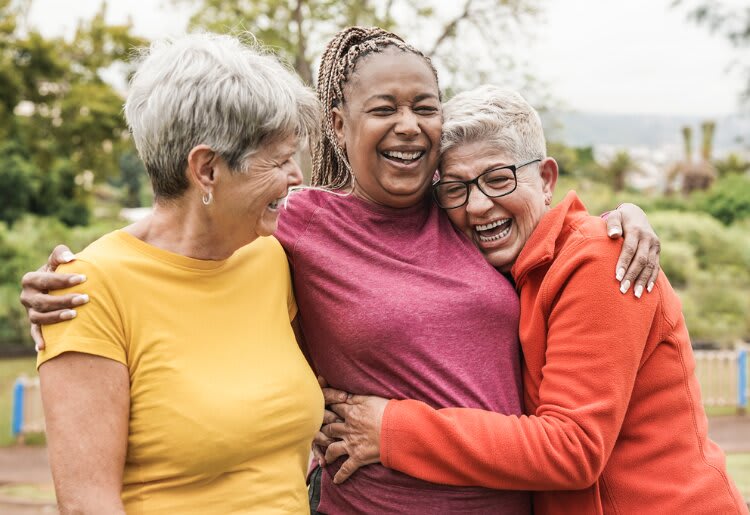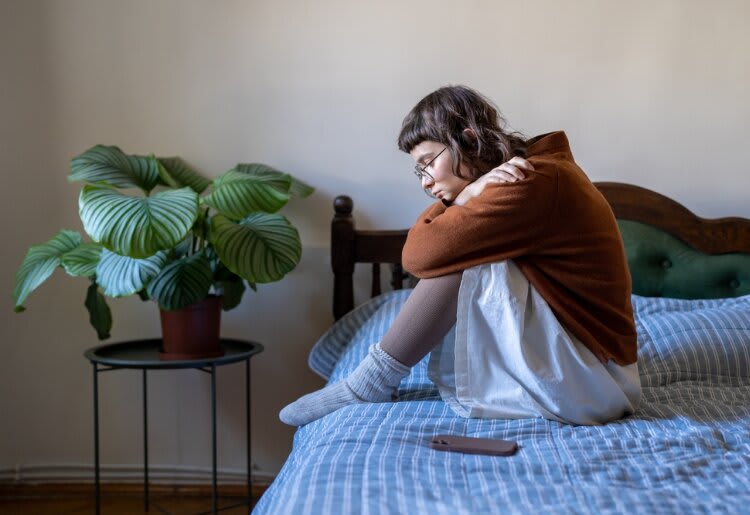Online therapy services have opened new doors for addressing the often-silent struggle of feeling alone, a sentiment that's far from uncommon. In fact, 79% of people between the ages of 18 and 24 report experiencing significant loneliness. This highlights a widespread challenge that spans across gender and social status.
Loneliness doesn't discriminate, and in our hyper-connected world, it's a paradox that we're more isolated than ever. My aim is to help you understand and cope with these emotions, equipping you with the tools to not only manage loneliness but to flourish despite it.
» Need some guidance? Reach out to Cerebral for effective and affordable online therapy.
Understanding Loneliness's Emotional and Psychological Landscape
Feeling lonely is more than just being secluded; it's about lacking meaningful connections, and it can affect anyone. This kind of loneliness can hit hard, often manifesting as sadness, anxiety, and self-doubt.
And it's not just your mind that feels it—your body does, too. It can disrupt your sleep patterns, reduce physical activity, and, in some cases, lead to increased substance use or even addiction.
You can experience solitude for various reasons. Remote living conditions, loss, or superficial interactions can all leave you feeling isolated. Big life changes, such as relocating, can also disrupt established social ties, while personal health challenges may hinder your efforts to maintain or forge new connections.
Online Therapy: A Tool to Combat Loneliness

Online therapy creates a space where you can develop strategies to make meaningful connections, no matter where you live. Platforms like BetterHelp pair you with therapists who can work with you to help identify and overcome social barriers.
These counselors can get to the heart of mental health conditions like depression or anxiety, equipping you with the self-assurance needed to forge new friendships. They can also teach you effective communication and active listening techniques—skills that can transform your interactions.
They may suggest joining online book clubs or virtual workout sessions to meet people with similar interests and break through the isolation that physical distance can create. Additionally, they can direct you to online forums, local meet-ups, or group events where you can practice your new social skills.
Simple Strategies to Help You Cope with Loneliness

Find Comfort in Community and Self-Care
Combat loneliness by getting involved in your local community. Look for small gatherings, clubs, or events—they're excellent places to meet people. At the same time, focus on improving your mental well-being. If you're struggling with social anxiety or self-doubt, take some time to manage these feelings first.
Building confidence requires active practice and self-compassion. Try joining a public speaking groupto polish your communication skills in a supportive environment. Alternatively, check out a theater's improv nights to practice spontaneous conversations.
As you engage in these activities, be kind to yourself. Every small step is progress, and with each attempt, you're developing new skills and reinforcing your self-worth.
Make Meaningful Connections Online
Explore online rooms that capture your interest. For example, join a forum dedicated to your favorite hobby, whether that's knitting or astronomy. Play multiplayer games that excite you and encourage teamwork. Or, seek out a virtual support group, such as HeyPeers, that focuses on topics or life experiences you're passionate about.
The trick is to dive into stuff you genuinely like because just hanging out online won't cut it. When you join online communities aligned with your passions, you're more likely to connect with people who understand you.
Focus on spaces where you can be yourself. There, you're not just a username; you become a valued member who can give and receive support in the most meaningful ways.
» Check out our best online therapy platforms for anxiety treatment.
Embrace Opportunities and Self-Improvement in Small Towns
Living in a small town doesn't mean you can't mingle with others. Sure, you may need to drive a little further for social events, but it's worth it for the friendships and experiences you'll gain.
Also, quiet times alone are perfect for picking up a hobby or improving a skill, like cooking, painting, or learning a new language online. These activities can boost your mental health.
Developing new skills is more than just a pastime. Every new thing you learn adds to your personal toolkit and provides conversation starters and ways to connect with others. For instance, you could join a cooking class nearby and exchange recipes with other food enthusiasts or discuss your latest painting technique online.
Find Solace with Non-Human Companions

Non-human interactions like having a pet can significantly ease loneliness by lowering stress, boosting happiness hormones, creating a feeling of safety, and giving you a sense of purpose. Here are some benefits of owning a pet:
- Stress reduction: Pets can lower the stress hormone cortisol and increase serotonin, the happiness hormone.
- Unconditional support: Furry friends offer non-judgmental companionship, providing comfort away from the complexity of human relationships.
- Purpose and routine: Taking care of an animal adds structure to your day, giving you a clear role, which can be especially helpful if you feel lost or isolated.
- Safety and security: Dogs can make you feel safer, leading to a more relaxed state of mind and positive emotions.
Keeping house plants also brings vibrant energy into your home. They need your attention and give you a sense of responsibility. But while these activities add joy and purpose to your life, they can't take the place of relationships with people. Genuine human connections are vital for your emotional well-being.
Beat Loneliness by Fostering Connections and Community
With therapy, you can work on finding ways to connect with others. Joining a local club, helping out in your community, or even trying new hobbies like video gaming can open doors to new friendships.
It's about finding what you love to do and meeting people who like the same things. This can help move you from feeling lonely to becoming part of a community.
» Discover 10 ways to keep mentally healthy.

